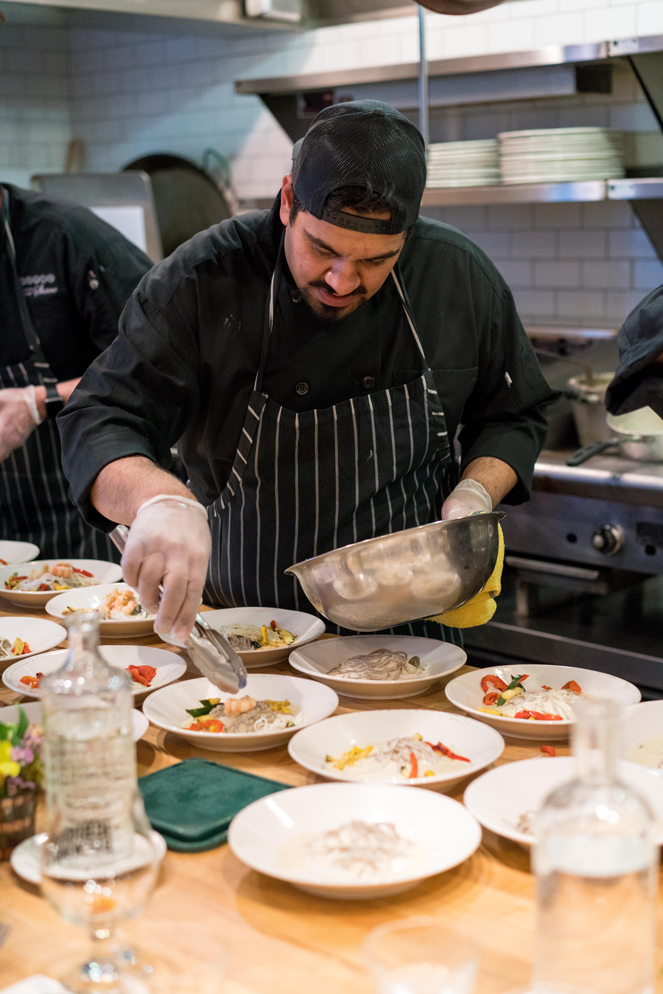Shining a Light on Mental Health in the Food Service Industry
We’re breaking from our regularly scheduled restaurant AP automation programming to shine a light on mental health in the food service space.
May is Mental Health Awareness Month, and the National Alliance on Mental Illness (NAMI) has spent the month amplifying their message of “You Are Not Alone.”
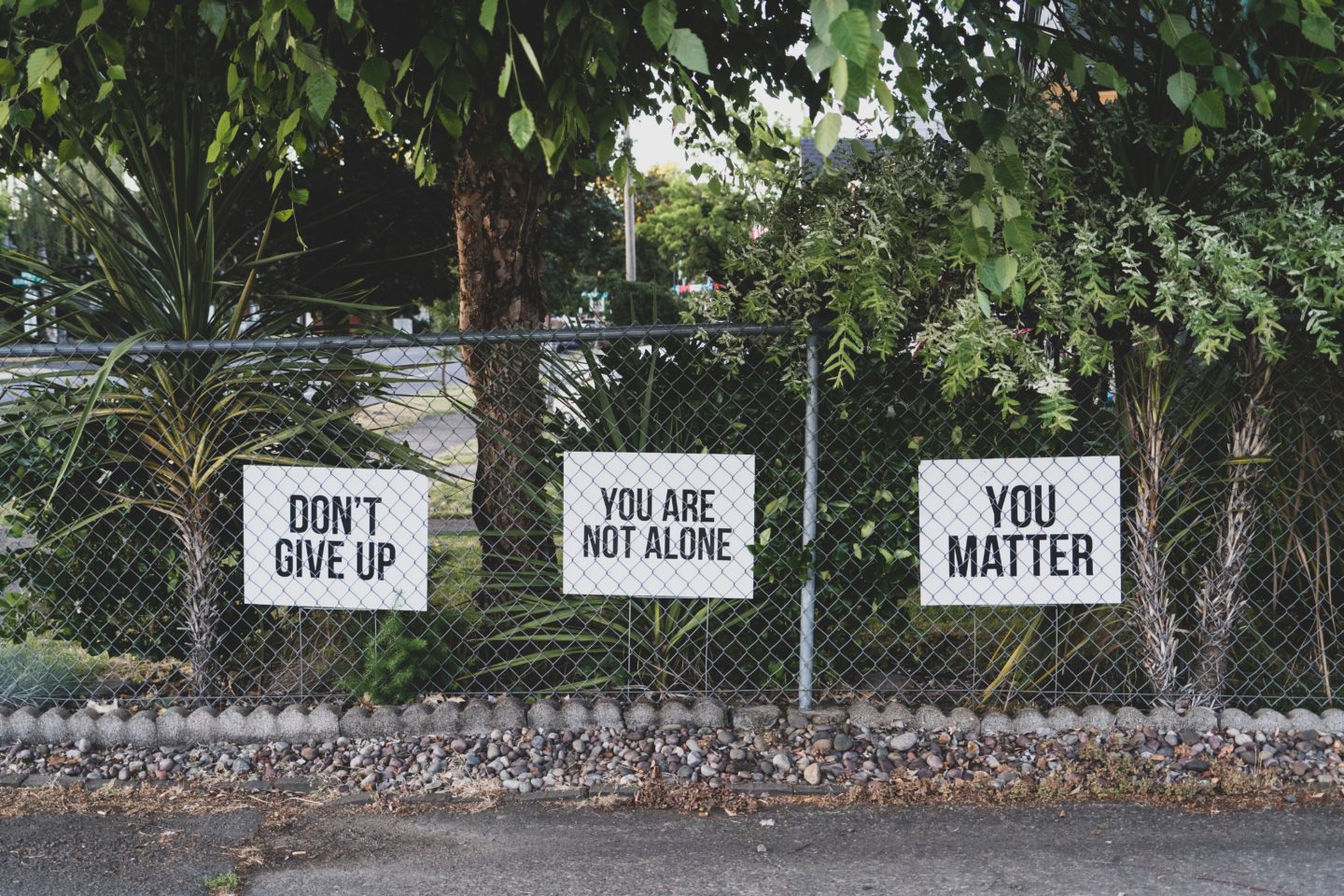
For NAMI, that message focuses on the healing power of physical reconnecting with people, prioritizing and being intentional about mental health, and building an understanding that that it’s OK to not be OK. All great messages as we reenter the world this summer.
But it’s not as if trauma is over now that we’re coming out of lockdowns. For food service workers, the summer’s restaurant revival brings equal amount opportunity and grief.
That’s why we’re shining a light on this critical topic. Keep reading to learn just how dire the mental health crisis is out there and discover resources and anecdotes that will hopefully help you and/or anyone you know that may be struggling.
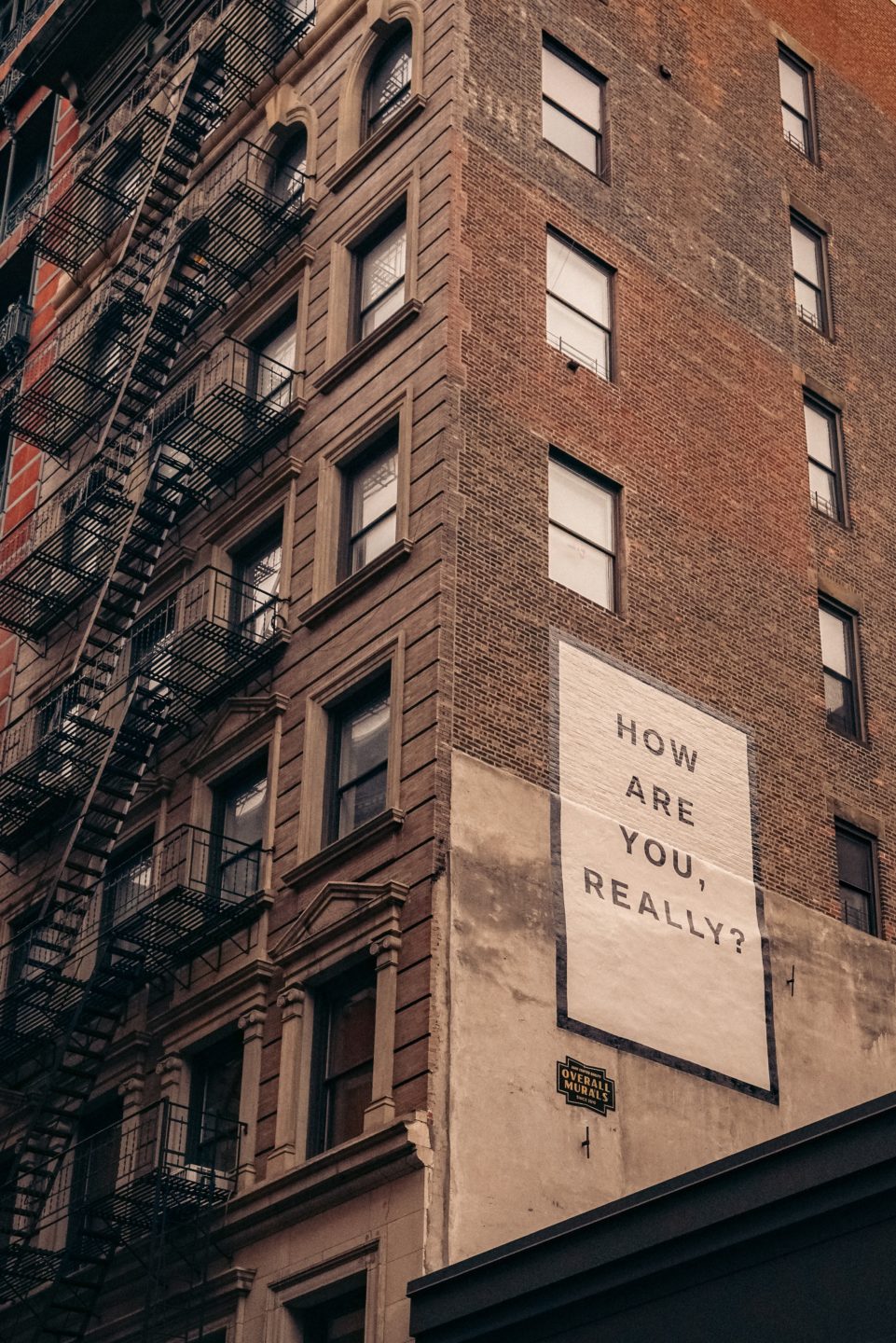
Time to acknowledge the industry’s pervasive mental health issues
Everyone has trauma and daily struggles to endure regardless of their work.
But food service is just different. It’s a tall task with the combination of physical labor, grueling hours, unruly customers and managers, and low wages.
We were fortunate to speak with devoted chef and xtraCHEF co-founder, Chef Chaz Brown. He painted a picture of the mental health problems the industry faces.
“Everyone thinks ‘I can drink and work 6 days and never take time off or use HR’,” says Chef Brown. “That shit is whack. Every other profession in the world, people take advantage of their vacation days. Why don’t chefs do that? It doesn’t make any sense and just promotes the toxicity of this industry.”
There’s so much stress that comes with being a member of the overworked, underpaid, unappreciated food service. Just look at some of the world’s most renowned chef’s and food service personalities opening up about their own struggles. Powerful stuff.
And then there’s the harrowing article from Kat Kinsman, longtime food writer and founder of Chefs With Issues. Her 2016 survey from Chefs With Issues of nearly 1600 people in the industry found:
- 84% suffer from depression
- 73% suffer from anxiety
- 50% are dealing with substance abuse
- 57% don’t believe they can say anything about these things with their colleagues, because:
- 69% don’t want to be perceived as weak
- 54% don’t want to be thought of as “crazy”
The hope with listing all these stats is not to dramatize or hyper-inflate mental health issues in the restaurant world – it’s to draw attention to how dire it actually is and normalize discussing these issues that so many of us face in and outside the industry.
We’ve all become a bit desensitized to “the numbers” after reviewing daily infection rates and death rates for the past year. But behind those numbers were real people, loved ones, friends, colleagues.
The same is true with the numbers above, only they’re not making it into the news. No nationally syndicated graphics for depression rates amongst food service workers. Only we can help each other out. And only we can help ourselves.
“Everyone thinks ‘I can drink and work 6 days and never take time off or use HR. That shit is whack. Every other profession in the world, people take advantage of their vacation days. Why don’t chefs do that? It doesn’t make any sense and just promotes the toxicity of this industry.”
Help your industry friends and peers by helping yourself
Drinking water hydrates us, and urine is a byproduct of that process. Eating too – nourishment and shit.
Living is the same thing! Everything we experience in the world fuels our existence and also creates mental, spiritual, and social waste.
If simply existing in the world around us creates waste, imagine how much is created from enduring a 200-cover night as a chef, or suffering a sleepless restaurant week as a manager, or tax season. That’s a ton of mental waste to work through, but how?
Chef Brown recommends keeping a chain of people in your circle and checking in on each other every now and then.
“That call or text from your old sous chef just checking in on you means a ton.”
There’s an undeniable comradery running throughout the food service space. So checking in on each other is a given. But we’ve also got to spend the time and put in the work to take care of ourselves.
Chef Sean Brock has been incredibly open in recent years about the work he put in taking care of himself. He discussed his struggles and process during a 2017 Eater interview:
“I realized that I had broken myself trying to take care of everyone else first. I put the oxygen mask on the person beside me before I put it on myself.”
“The second that I could define self-compassion for myself, everything changed. The whole world opened up. And when you can start taking care of yourself mentally and physically, the ripple effect that occurs is hard to put into words. It’s beyond extraordinary to see how you changing your behavior affects other people’s behavior; affects other people’s happiness.”
For Chef Brown, taking care of yourself starts with getting out of the toxic narrative that’s so easy to get caught. He recommends a few small, powerful steps to start taking care of yourself:
- Get a laundry service – “All anyone does on their days off is laundry. But all the happiest people I know in the food service space use a laundry service so that they have fresh clothes and actual time off.”
- Get outside – “Especially this past year, everyone is stuck inside at home or in an empty restaurant. It’s completely devastating doing 200 covers and cooking as fast as you can without anyone around them, without noise from the restaurant to feed on. So get outside and take pride with whatever you’re doing by going down the supply chain. Work at an oyster place, go see the boats come in and taste some oysters! Beef forward restaurant, go meet your cows and spend some time with them.”
- Get off social media – “A big thing I’m seeing in a lot of these kids now and even older folks is the FOMO from everything happening on social media. Everyone wants to be doing the things they see on Instagram like dope platings, cool cocktails, etc. But it’s like, ‘you’re working at a Turkish restaurant. You’re not doing cool sushi.’ So focus on what’s in front of you and have enough faith that you like it and that the people in your neighborhood and community will like it.”
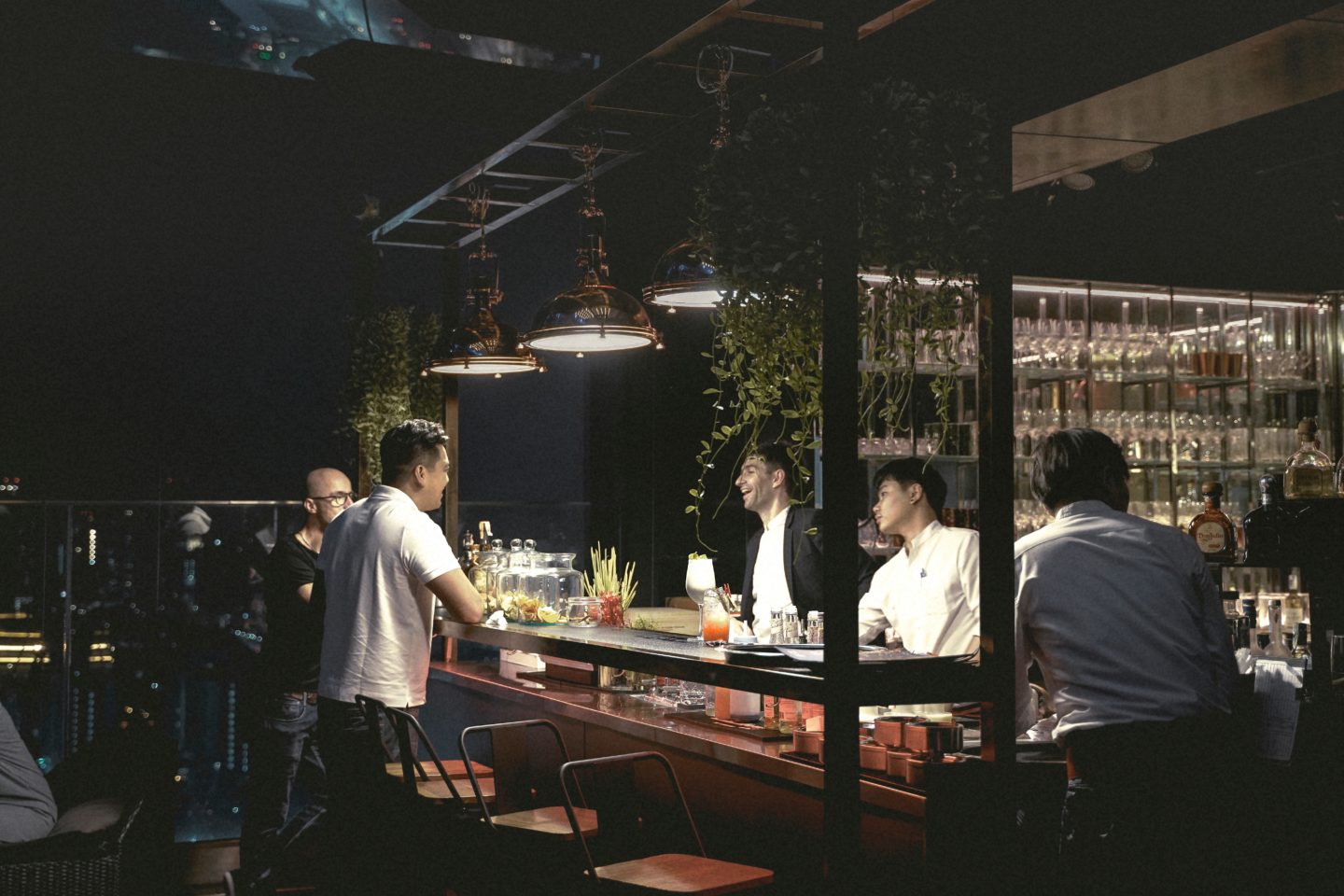
You don’t have to got at it alone
There’s a rising momentum of mental health awareness sweeping across the industry. So many chefs are saying no more to the status quo and toxic old ways of doing things. They’re creating new paths for living in, operating, and working amongst the food service space.
And with that has come an ever-expanding list of resources designed to help all types of food service workers build their own momentum toward a better life.
Here are a few of these resources if you’d like to explore or pass along to your staff, colleagues, peers, etc.
- Fuerza for Humans – Started by Jezabel Careaga, owner of Jezabel’s Café in Philadelphia, is a nonprofit dedicated to building dialogue within food services around mental health struggles and services to “enhance the lives and the well-being of our community.”
- I Got Your Back – Platform designed by Patrick and Bobbin Mulvaney to provide tools and skills for food service professionals to create a safe environment for identifying and talking about mental health issues and encouraging people to seek the help they need
- FairKitchens – Provides tools, support, and training for food service and hospitality professionals to build a health and inclusive workspace.
- Ben’s Friends – A community of food service professionals helping each other find the tools to seek and maintain sobriety.
- Serving Those Serving – A nonprofit dedicated to the social, mental, and physical welfare of the service industry, both employees and employers.
*Toast has also curated a similar list of resources and tips if you’d like to check that out as well.
It’s not like anyone in this industry to ask for help. But just like Chef Brown said, “That shit is whack.” There’s an abundance of help and resources available to you. You simply have to recognize and decide that you could use some. If you need it, we really hope you ask for it, because you’re worth it.
Now, back to promoting the critical automations and operational optimizations that xtraCHEF provides…
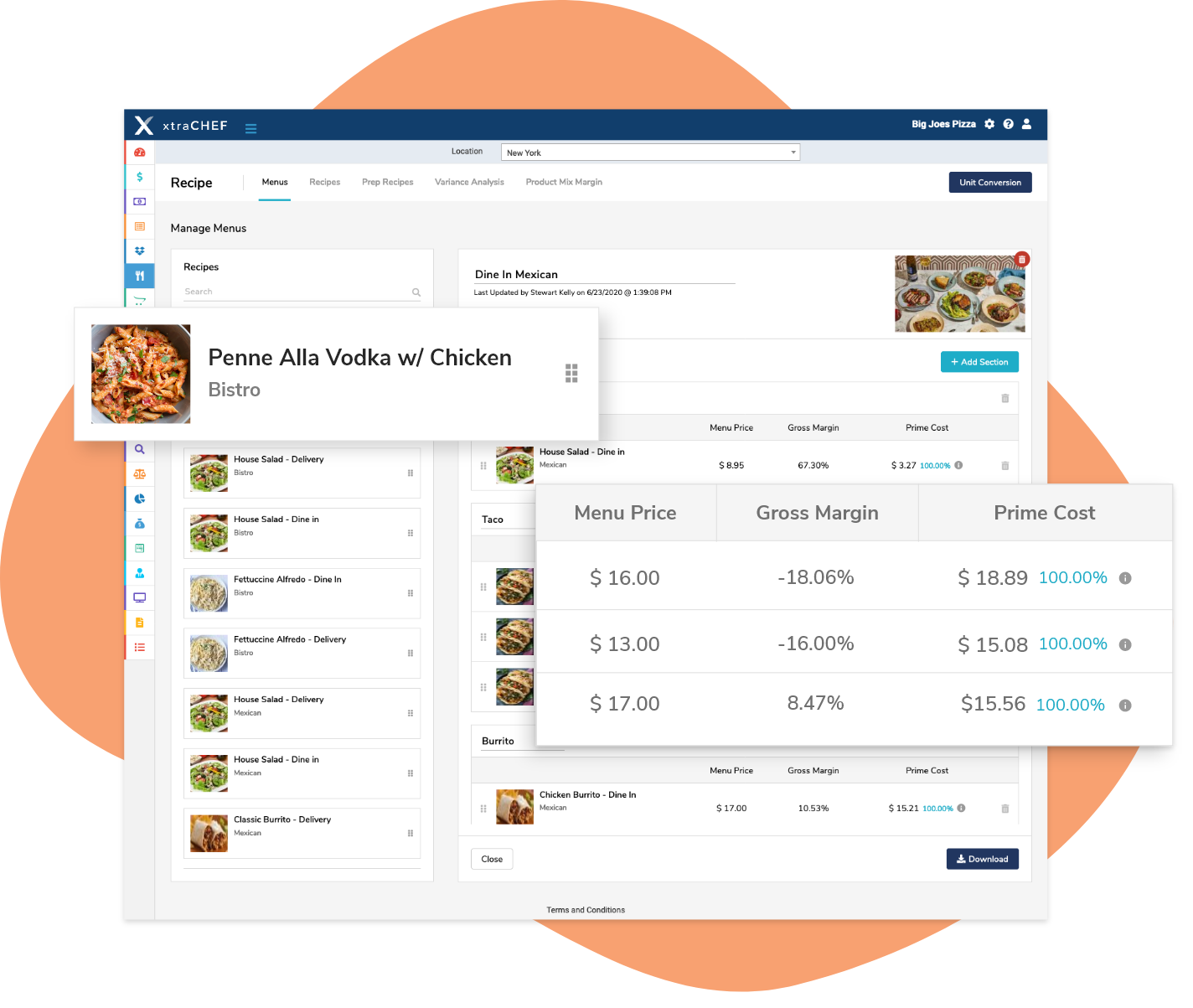
Let xtraCHEF do your dirty work.
See how our platform sets restaurants of all sizes and service levels up for success by scheduling a demo with a Product Specialist.
